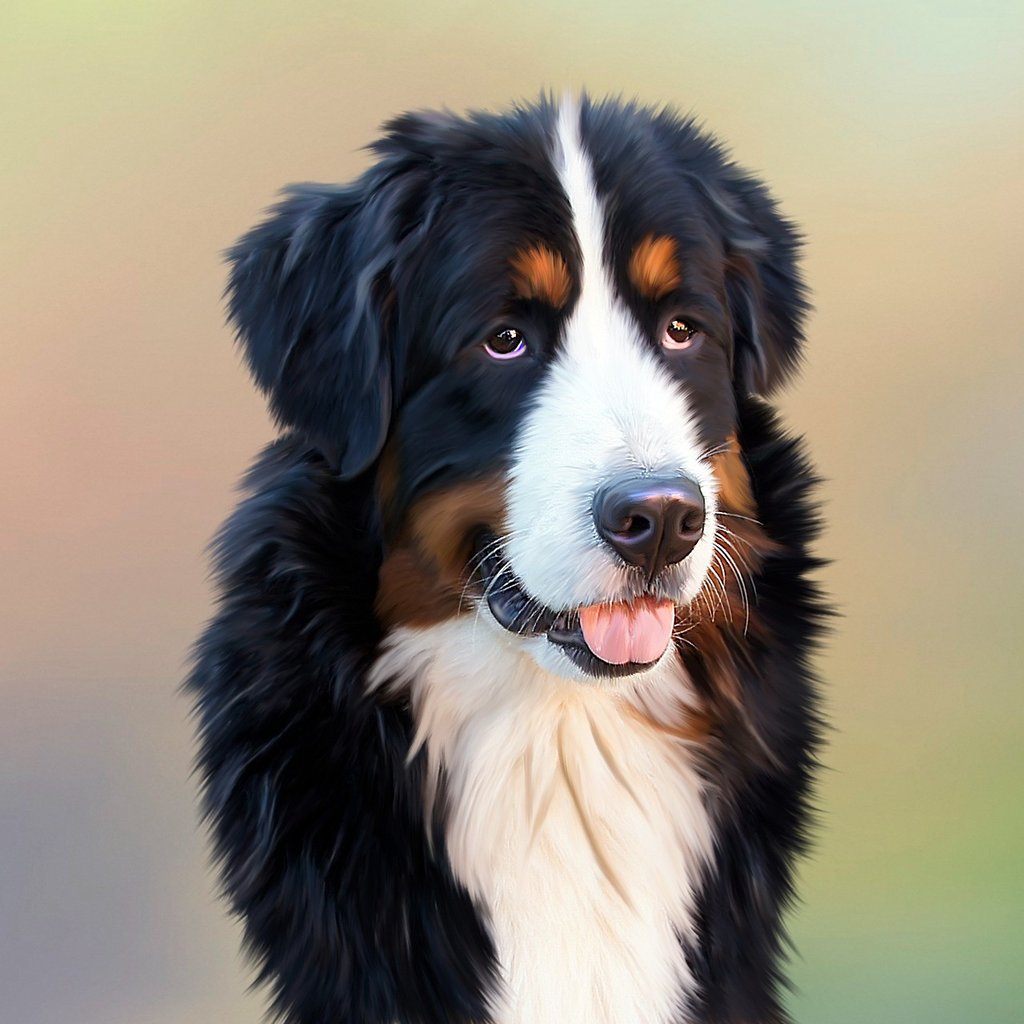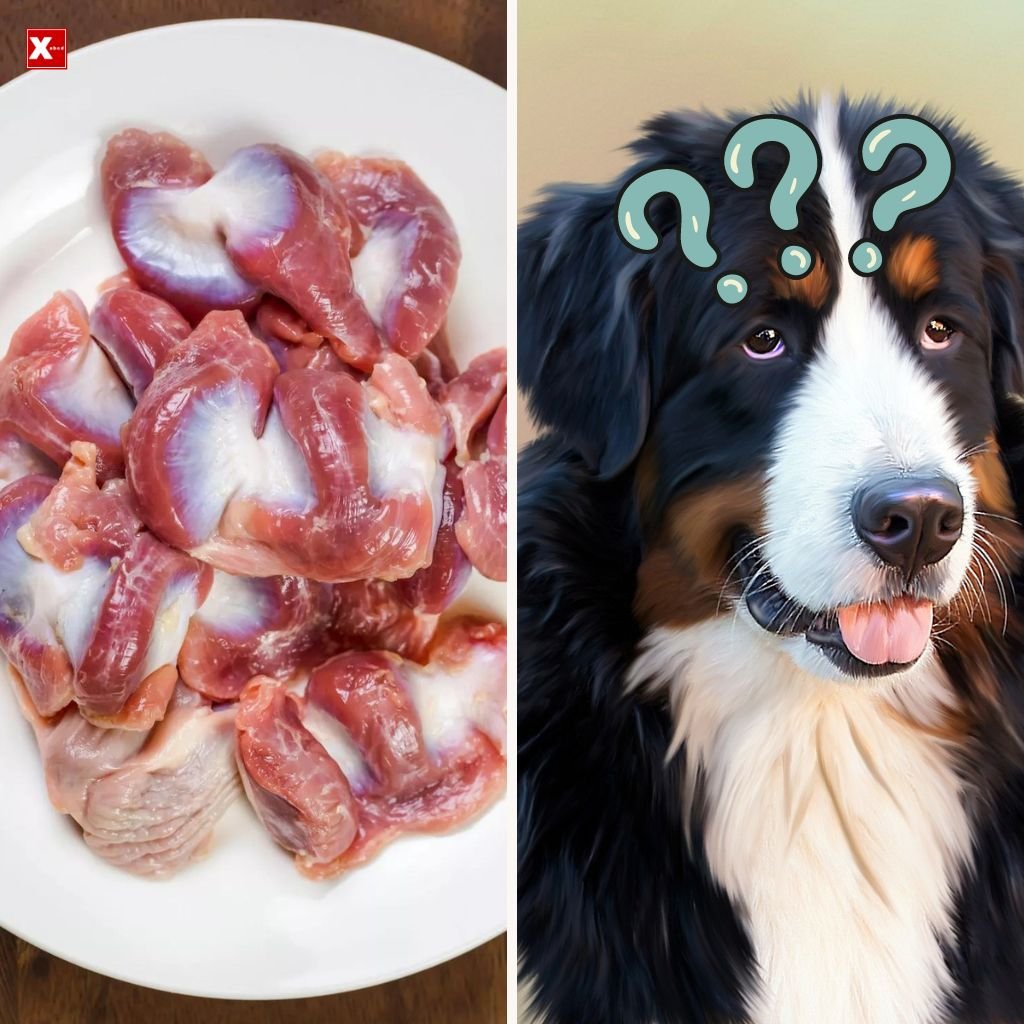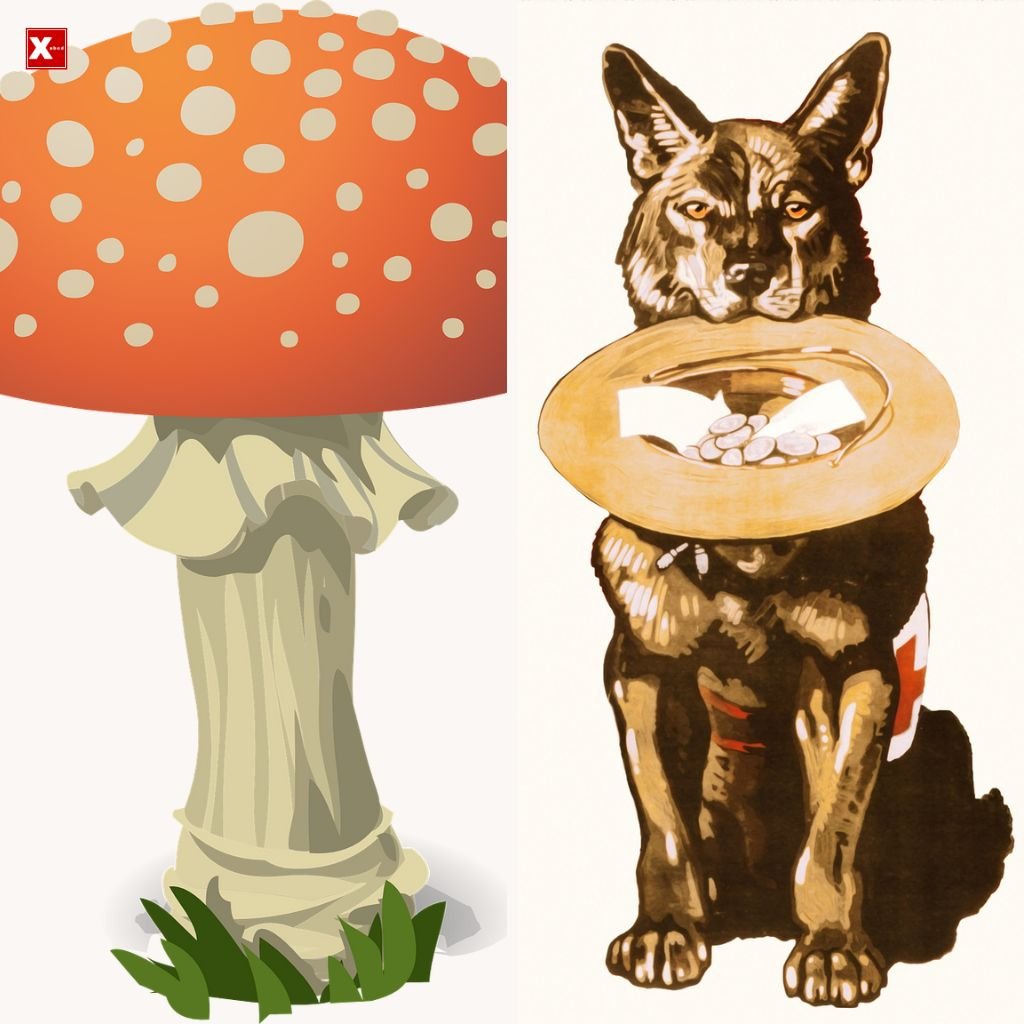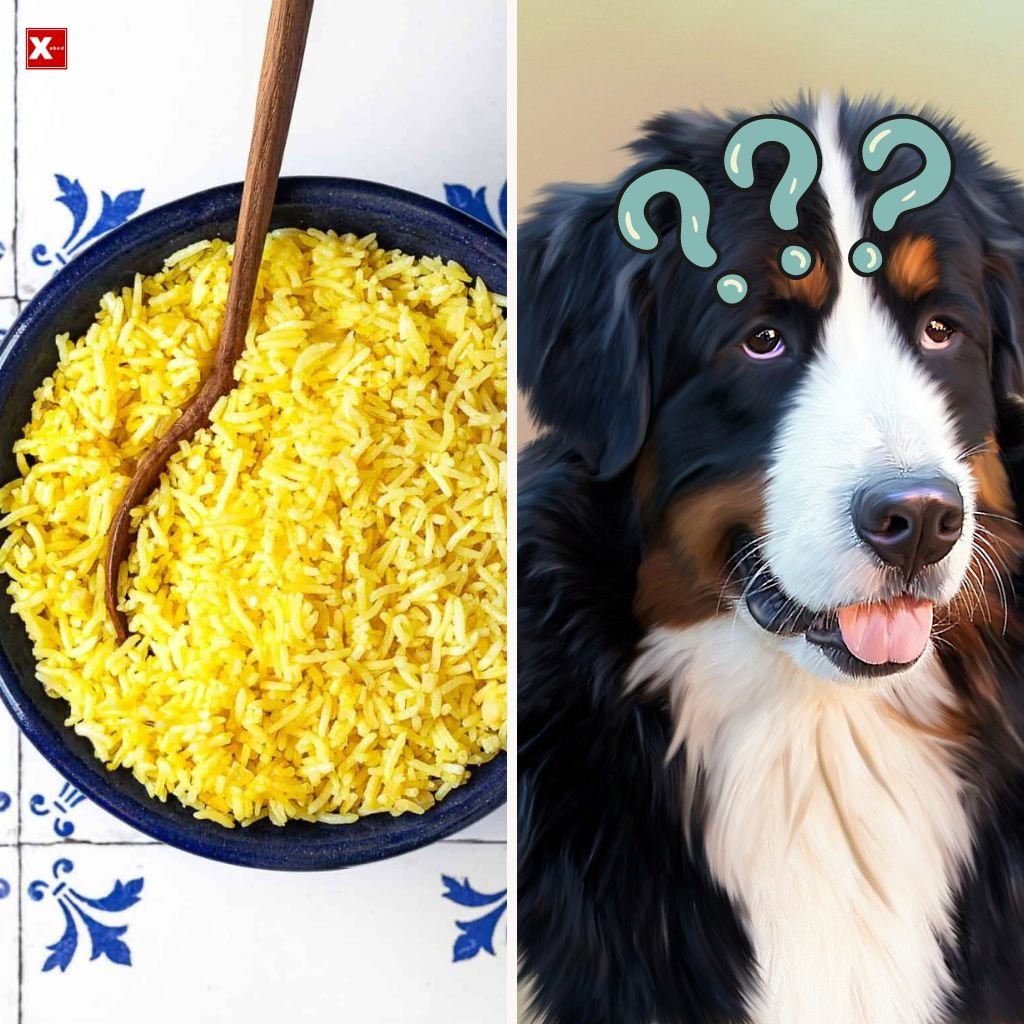Many dog owners often find themselves wondering if it is safe to feed their furry companions certain human foods. Ramen noodles, a popular and budget-friendly meal, are no exception to this query. While dogs can eat certain types of human food, it's important to understand that not all foods are safe or appropriate for their digestive systems. In this article, we will delve into whether or not dogs can consume ramen noodles, exploring the potential benefits and risks associated with this popular meal.

The Nutritional Value of Ramen Noodles
Ramen noodles are a popular staple in many households due to their affordability and convenience. These noodles are typically made from wheat flour, water, and other ingredients such as salt, vegetable oil, and flavorings. From a nutritional standpoint, ramen noodles are primarily a source of carbohydrates.
Carbohydrates are an essential macronutrient for dogs as they provide energy for daily activities. However, it's important to note that dogs have different dietary requirements than humans. While dogs can digest and utilize carbohydrates, their bodies are designed to predominantly rely on proteins and fats.
When it comes to the specific nutritional composition of ramen noodles, it's worth considering their high carbohydrate content. Consuming large amounts of carbohydrates can lead to increased blood sugar levels in both humans and dogs. This can be problematic, especially for dogs with underlying health conditions such as diabetes or obesity.
Additionally, ramen noodles are typically processed and may contain additives and preservatives. These additives can potentially have negative effects on a dog's health, as they may be difficult for their digestive systems to break down and metabolize. It's always best to choose whole, unprocessed foods when planning a balanced and nutritious diet for your furry friend.
- Ramen noodles primarily consist of refined wheat flour.
- They are a source of carbohydrates, which provide energy for dogs.
- Dogs have different dietary requirements than humans, focusing more on proteins and fats.
- Large amounts of carbohydrates can lead to increased blood sugar levels in dogs.
- Ramen noodles can contain additives and preservatives that may be challenging for a dog's digestive system.
In summary, while ramen noodles may seem harmless, they should not be a regular part of a dog's diet. While small amounts of plain, cooked noodles may be safe for some dogs, it's crucial to consider their overall nutritional value and potential risks. It's always best to consult with your veterinarian to determine the most suitable and healthy diet for your furry friend.

The Dangers of Excessive Sodium
In the context of dogs consuming ramen noodles, one of the major concerns is the excessive sodium content present in this popular food. While sodium is an essential mineral that plays a crucial role in various bodily functions, too much of it can have detrimental effects on a dog's health.
Feeding dogs with a diet high in sodium can lead to several health problems, including but not limited to:
- Increased risk of dehydration: Excessive sodium intake can cause dogs to become dehydrated since it prompts them to drink more water. This increased water consumption can lead to imbalances in electrolytes and may strain the kidneys.
- High blood pressure: Just like in humans, excessive sodium consumption can also result in elevated blood pressure in dogs. This can increase the risk of heart disease, kidney problems, and other related complications.
- Organ strain: Dogs' bodies are not designed to handle the same level of sodium intake as humans. Their kidneys may struggle to efficiently remove excess sodium from their systems, potentially leading to kidney disease or damage over time.
It's crucial to note that ramen noodles often contain seasoning packets that are exceptionally high in sodium. Just a small amount of these seasonings can exceed a dog's daily sodium limit. This is particularly concerning since dogs are known to have a much lower tolerance for sodium than humans.
Additionally, while the noodles themselves may not be as high in sodium, the soup base or flavorings often accompany them, making it difficult to separate the two. This means that even if you opt for low-sodium ramen noodles, the additives and seasonings typically added can still pose a risk to your dog's health.
To avoid these potential dangers, it is best to avoid feeding ramen noodles to your furry friend altogether. Instead, focus on providing them with a well-balanced diet that fulfills their nutritional needs without risking their health.

Potential Allergies and Digestive Issues
Just like humans, dogs can develop allergies to certain foods. Wheat is one of the primary ingredients in ramen noodles, and it is a common allergen for many dogs. If your dog has a known sensitivity or allergy to wheat, it is best to avoid feeding them ramen noodles. Wheat allergies in dogs can manifest in various symptoms such as itching, gastrointestinal distress, ear infections, and even skin issues. It is crucial to be aware of any existing allergies your dog may have before introducing new foods into their diet.
In addition to wheat, ramen noodles often contain other ingredients such as flavor enhancers, spices, and MSG (monosodium glutamate). These additives can also pose risks to a dog's digestive system. Dogs have more sensitive stomachs compared to humans, and consuming foods with artificial flavorings and preservatives can lead to gastrointestinal upset and even pancreatitis. Pancreatitis, an inflammation of the pancreas, can be a severe condition that requires immediate veterinary attention. It is essential to remember that dogs have different digestive enzymes and capabilities compared to humans, and what is safe for us may not necessarily be safe for them.
Moreover, the high salt content in ramen noodles can be detrimental to a dog's health. Excessive sodium intake can lead to increased thirst, dehydration, and, in severe cases, sodium ion poisoning. Dogs are particularly susceptible to sodium toxicity, and symptoms may include vomiting, diarrhea, lethargy, excessive drooling, tremors, and even seizures. It's important to note that even a small portion of ramen noodles can contain a significant amount of salt, which can overload a dog's system and put their health at risk.
- Feeding ramen noodles to your dog can present various potential allergenic and digestive issues, primarily due to ingredients such as wheat, additives, and high sodium content.
- If your dog has a wheat allergy or sensitivity, it is best to avoid feeding them ramen noodles to prevent allergic reactions and accompanying symptoms.
- The additives and artificial flavorings found in ramen noodles can cause stomach upset and even pancreatitis in dogs due to their more sensitive digestive systems.
- Excessive sodium intake from ramen noodles can lead to dehydration, sodium ion poisoning, and various symptoms ranging from vomiting and diarrhea to seizures.
Given these potential risks, it is advisable to prioritize your dog's well-being and opt for healthier food choices that are specifically formulated for their dietary needs. Consulting with your veterinarian is always a wise decision before introducing any new foods into your dog's diet, ensuring their health and happiness.
The Hazards of Preservatives and Artificial Flavorings
Ramen noodles, while popular among humans, can pose various hazards to our canine companions. One significant concern is the presence of preservatives and artificial flavorings in these noodles. Manufacturers often add these additives to enhance taste, prolong shelf life, and improve the overall appeal of the product. However, for dogs, these additives can be problematic.
The preservatives used in ramen noodles, such as TBHQ (tert-Butylhydroquinone) and BHA (butylated hydroxyanisole), have been linked to health issues in dogs. These chemicals are often used to prevent spoilage and inhibit the growth of bacteria and mold. While they are considered safe for human consumption in small quantities, dogs can have different sensitivities and may experience adverse reactions when exposed to these preservatives.
Furthermore, artificial flavorings are commonly used in ramen noodles to mimic various tastes and aromas. These flavorings are often chemically manufactured and can contain substances that are harmful to dogs. For instance, monosodium glutamate (MSG) is a common flavor enhancer found in many processed foods, including ramen noodles. While humans may not experience any negative effects from consuming MSG, dogs can be more susceptible to its potential hazards.
Dogs have a more sensitive digestive system compared to humans, making them vulnerable to the adverse effects of preservatives and artificial flavorings. These chemicals can cause gastrointestinal issues such as vomiting, diarrhea, and even more severe symptoms in some cases. Additionally, prolonged exposure to these additives can lead to chronic health problems, including allergic reactions, organ damage, and compromised immune function.
To safeguard your dog's health, it is crucial to steer clear of feeding them ramen noodles or any processed foods that contain preservatives and artificial flavorings. Instead, focus on providing them with natural, whole foods that are tailored to their nutritional needs. Choose high-quality dog food that is free from artificial additives, and consider adding fresh, cooked ingredients to their meals to enhance taste and nutritional value.
- Avoid feeding your dog ramen noodles or any processed foods containing preservatives and artificial flavorings.
- Read the ingredient labels of dog foods carefully to ensure they do not contain any harmful additives.
- Consult with your veterinarian to determine the best diet for your dog's specific needs.
- Prepare homemade meals for your dog using fresh, natural ingredients to maintain control over what they consume.
- Opt for dog-friendly herbs and spices to enhance the taste and nutritional value of their meals.
By being mindful of the hazards associated with preservatives and artificial flavorings, you can prioritize your dog's health and well-being. Choose wholesome, nutritious options that are safe for them to consume and always consult with your veterinarian if you have any concerns or questions about your dog's diet.

Safe Alternatives for Your Dog's Diet
When it comes to finding safe alternatives for your dog's diet, there are several options that can provide a similar experience to ramen noodles without the potential risks. Here are a few ideas to consider:
- Homemade Broth: Create a homemade broth using dog-friendly ingredients such as lean meat and vegetables. Boil them in water to make a flavorful broth that your dog will enjoy.
- Pasta Substitutes: Instead of ramen noodles, you can opt for healthier pasta substitutes such as whole wheat pasta or brown rice pasta. These alternatives are less processed and contain more beneficial nutrients.
- Vegetable Stir-Fry: For a nutritious and tasty meal, prepare a vegetable stir-fry using dog-friendly vegetables like carrots, peas, and green beans. You can lightly sauté them in olive oil for added flavor.
- Lean Protein Options: Include lean protein sources in your dog's meals, such as cooked chicken or turkey. These options provide essential amino acids and help maintain muscle health.
- Low-Sodium Broth: If you still want to provide a brothy experience for your dog, opt for low-sodium or sodium-free broth options specifically formulated for dogs. These can be added to their regular meals for extra flavor.
Remember, it's crucial to introduce new foods gradually and in moderation. Pay attention to your dog's response, and if you notice any adverse reactions or digestive issues, consult your veterinarian. Every dog is unique, and their dietary needs may vary, so it's essential to tailor their meals accordingly.
By opting for these safe alternatives, you can ensure that your dog enjoys a delicious and healthy meal without compromising their well-being.
While it may be tempting to share your favorite bowl of ramen noodles with your furry friend, it's essential to weigh the potential risks and benefits. While some dogs may tolerate small amounts of ramen noodles, it is generally advised to avoid feeding them to your canine companion. The high sodium content, potential allergens, and artificial additives make ramen noodles an unsuitable choice for a healthy dog diet. Instead, prioritize providing your pet with nourishing alternatives that cater specifically to their nutritional needs. Always consult your veterinarian before introducing new foods to your dog's diet, ensuring their overall well-being and happiness.




